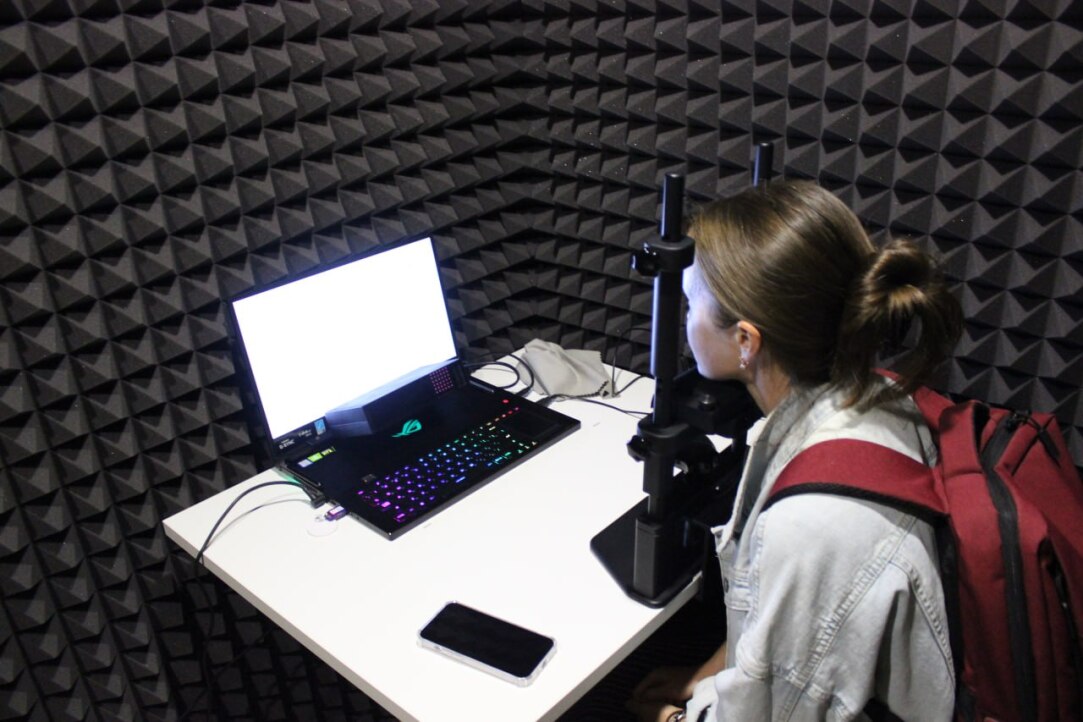
‘I Dream of Developing an Information System Devoted to Zemstvo Schools’
If Iliana Ismakaeva had not become a scientist, she would definitely have become a teacher like her parents. In this interview with the HSE Young Scientists project, she spoke about digital zemstvo studies, her walks along the Kama embankment, and virtual historical reconstructions.

Elderly People, Crisis, and Robots
Across the globe, countries are witnessing dramatic shifts in the relative proportions of younger and older generations in their demographic makeup. Even in African states, signs of an emerging demographic decline are becoming evident. By 2050, two thirds of people aged 65 and over will be living in low- and middle-income countries. While an ageing population poses a significant challenge to national economies, it can also serve as an impetus for development, especially in the realm of technology. What is the extent of global population ageing, what challenges arise in this context, and whether humanity is capable of addressing them are some of the key questions, explored by IQ.HSE, based on a paper published in Sociological Journal by Leonid Grinin, Anton Grinin, and Andrey Korotayev at the HSE Centre for Stability and Risk Analysis.
.png)
How the Telephone Conquered the World. Episode Ten: 'Number, Please?'
The history of the invention of telephony reads like a captivating detective novel, but even more intriguing are the events that contributed to the worldwide adoption of this technology. In this series of columns on IQ.HSE, Anton Basov, HSE Faculty of Computer Science editor, discusses how telephones have become an integral part of our everyday life. The final episode of the series recounts how men were unable to cope with telephone operator jobs and were replaced by tall and polite young women. However, as telephone networks expanded, the role of the intermediary became unproductive, eventually rendering the switchboard operator profession obsolete due to automation—not the first nor the last time such a thing has happened. As for Alexander Graham Bell, he used the earnings from inventing the telephone to promote science, educate people about the world around us, and pursue new inventions.

Researchers from HSE University and Brazil to Create New Theory of High Temperature Conductivity
Theoretical physicists from Russia and Brazil are working together on a theory that describes novel superconducting materials with potentially high critical temperatures. The theory can explain many properties of superconductors with non-trivial topological properties, as well as of those with multiple condensates. In this interview, Prof. Mauro Doria from the Institute of Physics at the Federal University of Rio de Janeiro, Brazil, and Prof. Alexei Vagov from the Centre for Quantum Metamaterials, MIEM HSE, talk about their cooperation.

HSE Accepting Applications for Competition of Best Russian-language Scientific and Popular Science Papers
Applications for the fourth HSE University Competition of the Best Russian-language Scientific and Popular Science Papers will be accepted from February 1 to March 15. The authors that receive the highest scores from the expert jury will be awarded on June 6—Russian Language Day. The main goal of the competition is to support and promote Russian language as a language of science, as well as to popularise works affiliated with HSE University among the global Russian-speaking audience.

HSE Creates ‘Transfer of Neurocognitive Technologies’ Consortium
HSE, the Pirogov National Medical and Surgical Centre, and the Centre for Speech Pathology and Neurorehabilitation of the Moscow Healthcare Department have signed an agreement on cooperation and the creation of a ‘neuro-consortium’ under the name ‘Transfer of Neurocognitive Technologies’. The new body will boost the development and implementation of advanced solutions in neurotechnology aimed at maintaining and improving people's health. The agreement was signed for five years, and the consortium is open to new participants.

‘We Control the Flight of Small Spacecraft’: How HSE University Launches Satellites
Following the meeting with participants of the 3rd Young Scientists Congress, Russian President Vladimir Putin assigned the government to include the creation and launch of small spacecraft in a new national project. Universities will also be involved in the project. Dmitrii Abrameshin, Head of the Mission Control Centre at the Moscow Institute of Electronics and Mathematics at HSE University, spoke about the mechanism of small satellites and which satellites have already been launched by HSE University.

HSE Economists Develop a Model for Sustainable Solar Geoengineering Agreements
Researchers at HSE University and George Mason University have investigated the sustainability of prospective international agreements on solar geoengineering. The authors have proposed a scheme in which payments flow from affluent nations to less wealthy ones; an arrangement which sets their proposal apart from traditional systems. The proposed model aims to dissuade more vulnerable countries from excessive use of the prevalent geoengineering method by providing compensation for the potential damage they may incur and supporting their adaptation to climate change. The paper has been published in Environmental and Resource Economics.
.png)
How the Telephone Conquered the World. Episode Nine: Big Connections
The history of the invention of telephony reads like a captivating detective novel, but even more intriguing are the events that contributed to the worldwide adoption of this technology. In this series of columns on IQ.HSE, Anton Basov, HSE Faculty of Computer Science editor, discusses how telephones have become an integral part of our everyday life. The ninth episode of the series explores the development of the first long-distance, interstate, and transatlantic telephone lines, which suddenly made people thousands of kilometres away feel as close as if they were in the same room together.

Human Bodies Impede 6G Signal Transmission
A team of researchers, including scientists from HSE University, have investigated the influence of human movement on the propagation of 6G signals. Within a range of up to 10 metres, the signal attenuation is comparatively minor, yet brief connection failures may still occur. Based on the study findings, a blockage detection algorithm has been developed to account for both signal attenuation and interruptions. The gaming industry is likely to derive the greatest benefits from this discovery. A paper with the study findings has been published in Computer Communications.


Deadline for applications to present academic reports - January 20, 2025